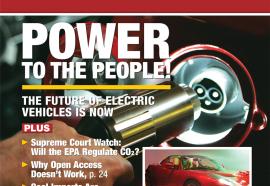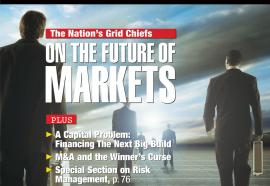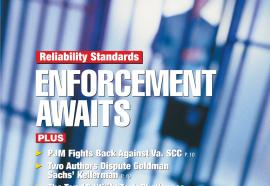Letters to the Editor
(December 2006) Charles A. King, California ISO: “Kicked Off and On Schedule” reasonably captures many of the implementation issues and stakeholder concerns surrounding the California Independent System Operator Market Redesign and Technology Upgrade program. However, I was somewhat disappointed that the article offered few details about the benefits MRTU will provide.








